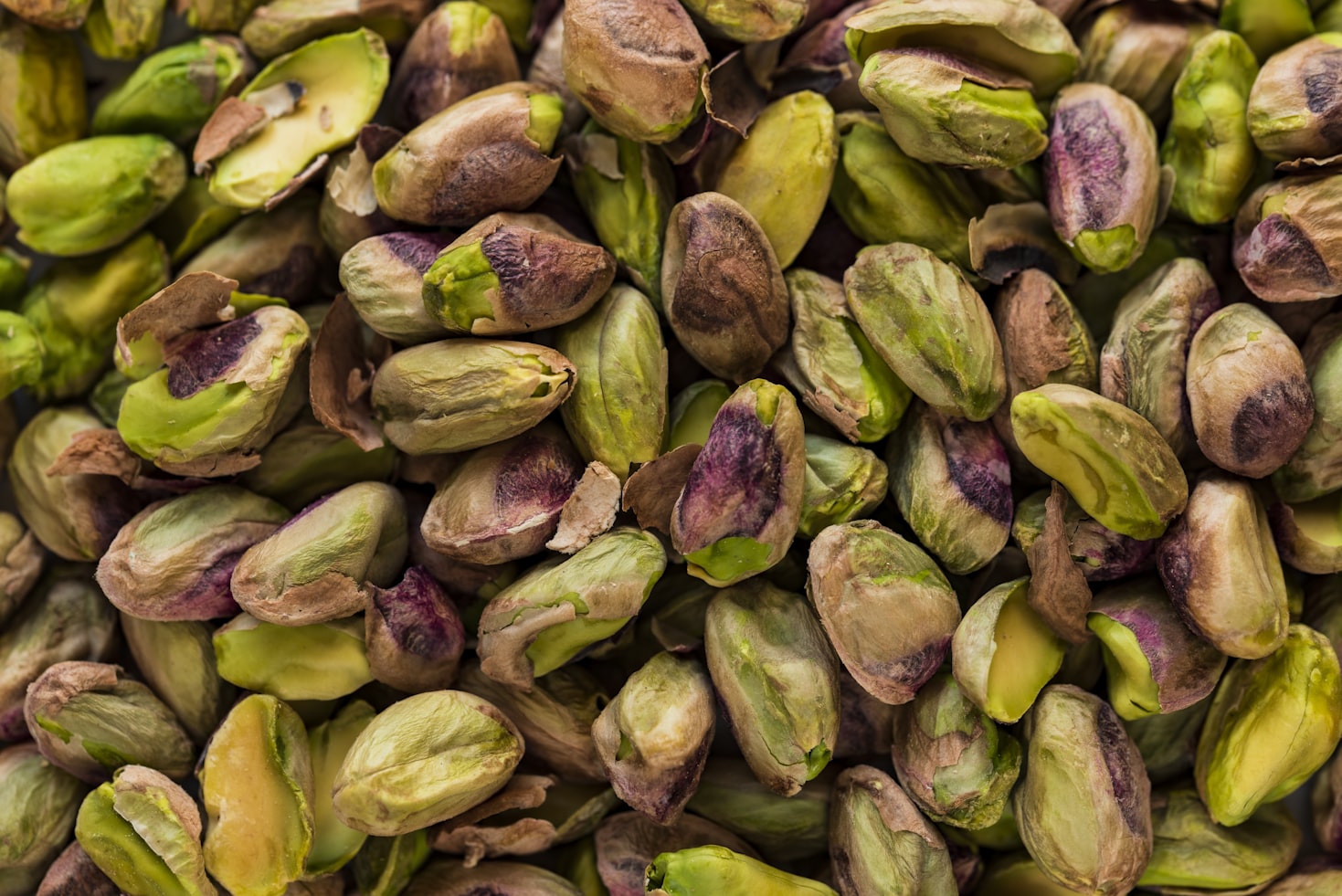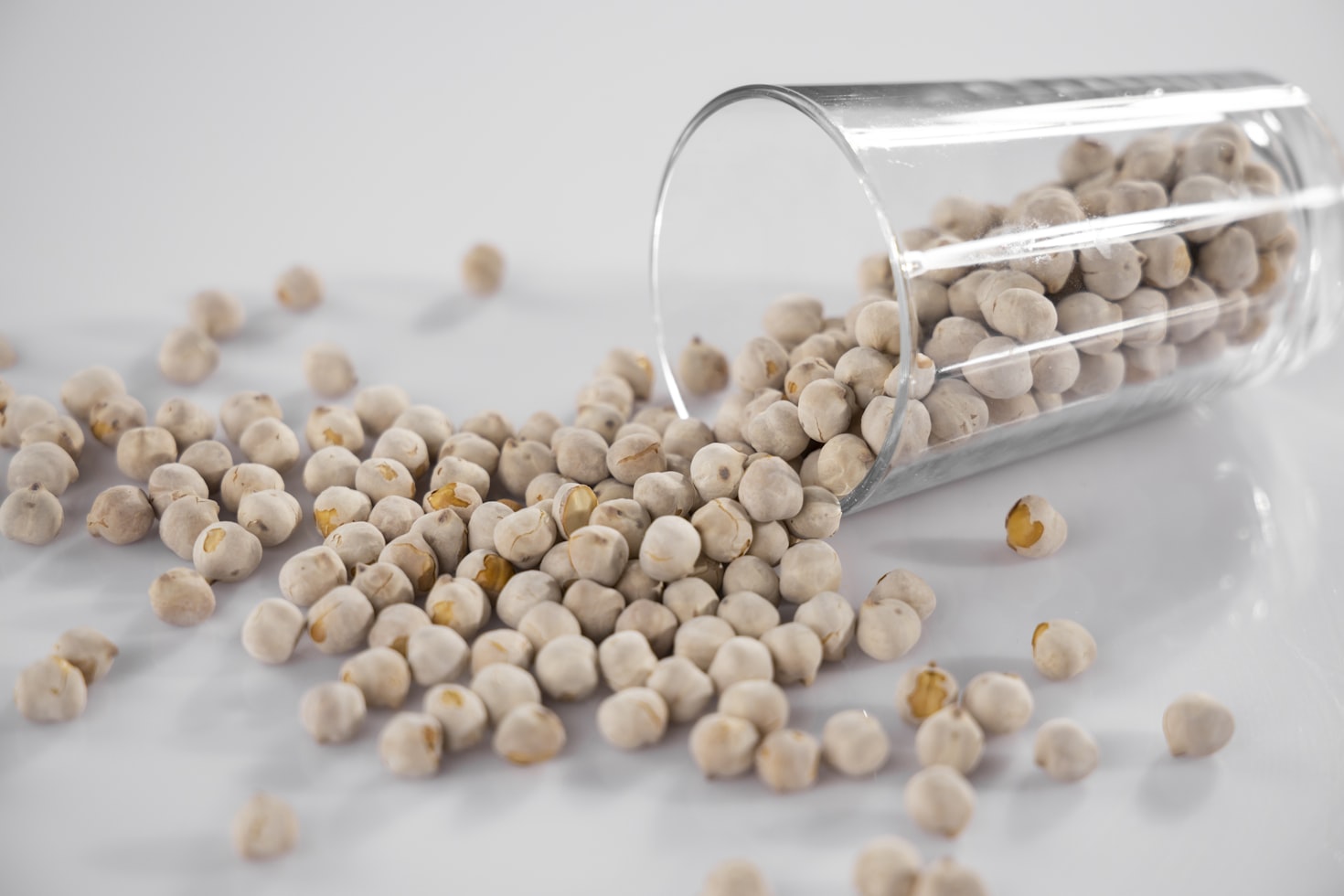Is Corn Starch Keto Friendly?
When following a ketogenic diet, it is essential to carefully consider the ingredients in the foods you consume. Corn starch, a common thickening agent and ingredient in many processed foods, is a topic of debate among those following a keto lifestyle. In this article, we will explore whether corn starch is keto friendly, examining its nutritional composition, impact on ketosis, and potential alternatives.
The Nutritional Composition of Corn Starch
Corn starch is derived from the endosperm of corn kernels and is primarily composed of carbohydrates. It is a highly refined product that undergoes processing to extract the starch from the corn. Here is a breakdown of the nutritional composition of corn starch per 100 grams:
- Calories: 381
- Carbohydrates: 91 grams
- Fat: 0 grams
- Protein: 0 grams
- Fiber: 0 grams
As you can see, corn starch is almost entirely made up of carbohydrates, with no significant amounts of fat, protein, or fiber. This high carbohydrate content raises concerns for those following a ketogenic diet, as the primary goal of this eating plan is to limit carbohydrate intake to induce a state of ketosis.
The Impact of Corn Starch on Ketosis
Ketosis is a metabolic state in which the body primarily relies on fat for fuel instead of carbohydrates. To achieve and maintain ketosis, it is crucial to restrict carbohydrate intake to a low level, typically around 20-50 grams per day. Consuming foods high in carbohydrates, such as corn starch, can disrupt ketosis and hinder progress towards reaching or maintaining this state.
When corn starch is consumed, it quickly breaks down into glucose, a simple sugar that raises blood sugar levels. This spike in blood sugar triggers the release of insulin, a hormone that helps regulate blood sugar levels. Insulin promotes the storage of glucose as glycogen in the liver and muscles, preventing the body from utilizing fat as a fuel source.
Furthermore, the high carbohydrate content of corn starch can lead to cravings and increased hunger, making it more challenging to adhere to a ketogenic diet. It is important to note that individual tolerance to carbohydrates may vary, and some individuals may be able to consume small amounts of corn starch without being kicked out of ketosis. However, for most people following a strict ketogenic diet, corn starch is best avoided.
Potential Alternatives to Corn Starch
If you are following a ketogenic diet and need a thickening agent or alternative to corn starch, there are several keto-friendly options available:
- Almond flour: Made from ground almonds, almond flour is low in carbohydrates and high in healthy fats. It can be used as a thickening agent in sauces, soups, and baked goods.
- Coconut flour: Derived from dried coconut meat, coconut flour is low in carbohydrates and high in fiber. It absorbs liquid well and can be used as a thickener in various recipes.
- Psyllium husk powder: This fiber-rich powder is derived from the husks of psyllium seeds. It absorbs liquid and can be used as a thickening agent in both sweet and savory dishes.
- Chia seeds: When mixed with liquid, chia seeds form a gel-like consistency, making them an excellent thickening agent. They are also rich in fiber and healthy fats.
These alternatives provide texture and thickness to recipes without compromising ketosis. Experimenting with these options can help you find the best substitute for corn starch in your favorite dishes.
Frequently Asked Questions (FAQ)
1. Can I consume corn starch on a ketogenic diet?
While it is technically possible to consume small amounts of corn starch and remain in ketosis, it is generally best to avoid it due to its high carbohydrate content. The goal of a ketogenic diet is to minimize carbohydrate intake to induce and maintain ketosis.
2. How can I determine if corn starch is affecting my ketosis?
If you suspect that corn starch or any other ingredient is impacting your ketosis, you can use a blood ketone meter to measure your ketone levels. If your ketone levels drop significantly after consuming corn starch, it is a good indication that it is affecting your ketosis.
3. Are there any health benefits to consuming corn starch?
Corn starch is primarily a source of carbohydrates and does not offer significant health benefits. It is a highly refined product and lacks essential nutrients such as vitamins, minerals, and fiber.
4. Can I use corn starch in moderation on a ketogenic diet?
While some individuals may be able to tolerate small amounts of corn starch without being kicked out of ketosis, it is generally recommended to avoid it altogether. The high carbohydrate content and potential impact on blood sugar levels make it challenging to incorporate corn starch into a ketogenic diet without compromising ketosis.
5. Are there any keto-friendly thickening agents available?
Yes, there are several keto-friendly alternatives to corn starch that can be used as thickening agents, such as almond flour, coconut flour, psyllium husk powder, and chia seeds. These options provide texture and thickness to recipes without disrupting ketosis.
6. Can I consume corn starch on a low-carb diet?
If you are following a low-carb diet that allows for a higher carbohydrate intake than a strict ketogenic diet, you may be able to incorporate small amounts of corn starch. However, it is still important to consider the overall carbohydrate content of your meals and monitor your blood sugar levels to ensure they remain within a healthy range.
Summary
Corn starch is not considered keto friendly due to its high carbohydrate content and potential impact on blood sugar levels. Consuming corn starch can disrupt ketosis and hinder progress towards reaching or maintaining a state of fat-burning. However, there are several keto-friendly alternatives available, such as almond flour, coconut flour, psyllium husk powder, and chia seeds, which can be used as thickening agents without compromising ketosis. It is important to prioritize low-carbohydrate options when following a ketogenic diet to achieve optimal results.





